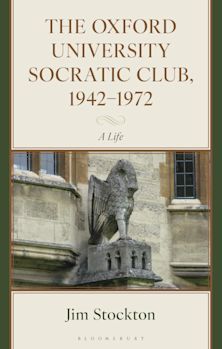- Home
- ACADEMIC
- History
- History - Other
- Surprising Bedfellows
Surprising Bedfellows
Hindus and Muslims in Medieval and Early Modern India
Surprising Bedfellows
Hindus and Muslims in Medieval and Early Modern India
This product is usually dispatched within 1 week
- Delivery and returns info
-
Free US delivery on orders $35 or over
You must sign in to add this item to your wishlist. Please sign in or create an account
Description
Surprising Bedfellows: Hindus and Muslims in Medieval and Early Modern India argues that religious and cultural identities in medieval and early modern India were marked by fluid and constantly shifting relationships rather than by the binary model of opposition that is assumed in so much scholarship. Building on the pioneering work of scholars such as Cynthia Talbot and Brajadulal Chattopadhyaya, these chapters seek to understand identity perception through romances, historical documents, ballads and historical epics, inscriptions and even architecture. The chapters in this volume urge readers to reconsider the simple and rigid application of categories such as Hindu and Muslim when studying South Asia's medieval and early modern past. It is only by doing this that we can understand the past and, perhaps, help prevent the dangerous rewriting of Indian history.
Table of Contents
Chapter 2 Introduction
Chapter 3 Hindus, Muslims, and the Other in Eighteenth Century India
Chapter 4 Fortuitous Convergences and Essential Ambiguities: Transcultural Political Elites in the Medieval Deccan
Chapter 5 Surprising Bedfellows: Vaisnava and Shi'a Alliance in Kavi Ariph's 'Tale of Lalmon'
Chapter 6 The dharma of Islam and the din of Hinduism: Hindus and Muslims in the Age of Sivaji
Chapter 7 Conclusion
Product details
| Published | Jun 24 2003 |
|---|---|
| Format | Hardback |
| Edition | 1st |
| Extent | 136 |
| ISBN | 9780739106730 |
| Imprint | Lexington Books |
| Dimensions | 9 x 6 inches |
| Publisher | Bloomsbury Publishing |
About the contributors
Reviews
-
This collection of essays will be extremely useful to scholars seeking specific examples of cases where the Hindu/Muslim binary simply does not work-and given the constant reinforcement for mass media and academic institutions today, such examples are welcome, and worthy of being propagated.
Travis L. Smith, Columbia University, Intenerario 2G:1



































